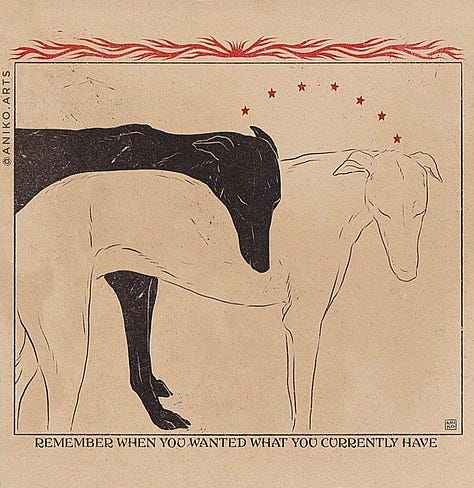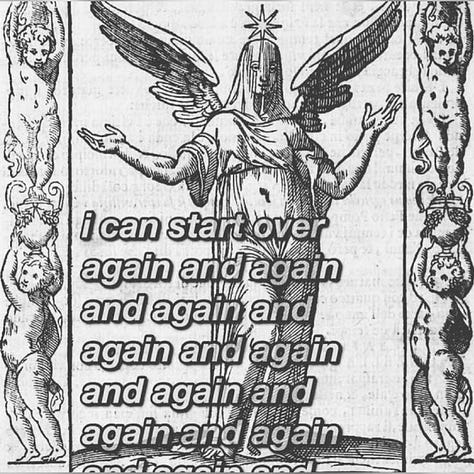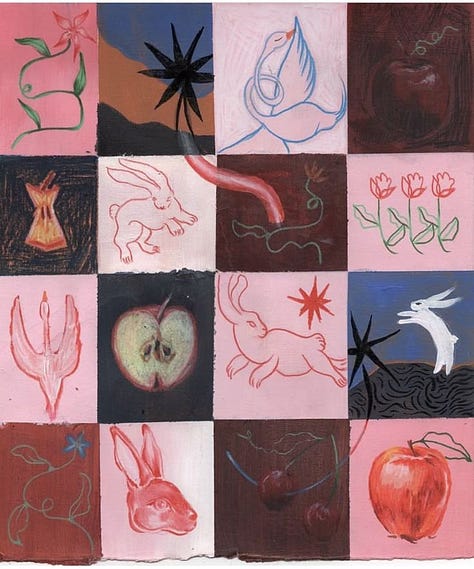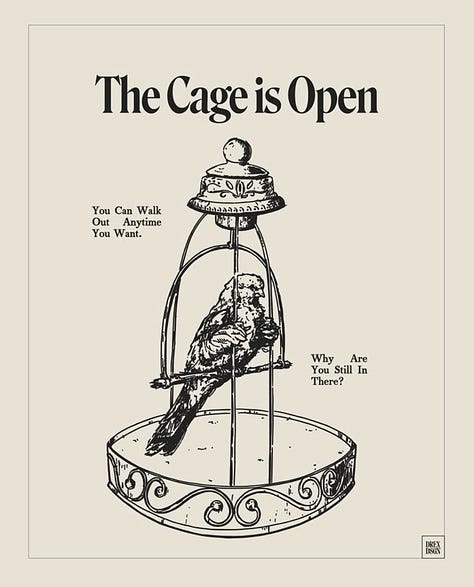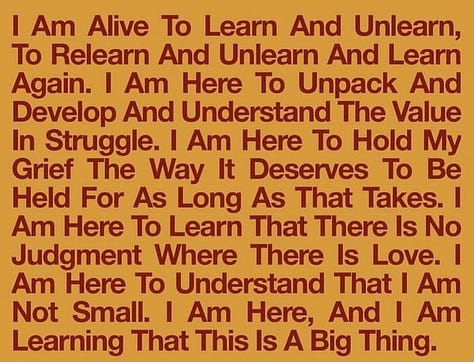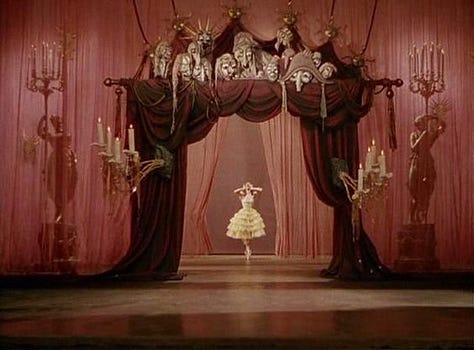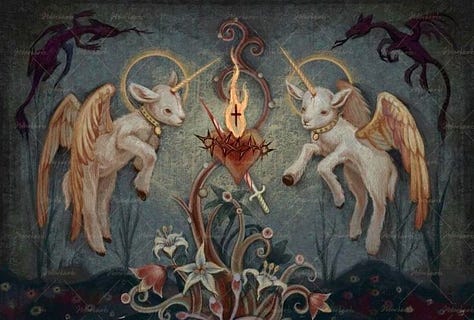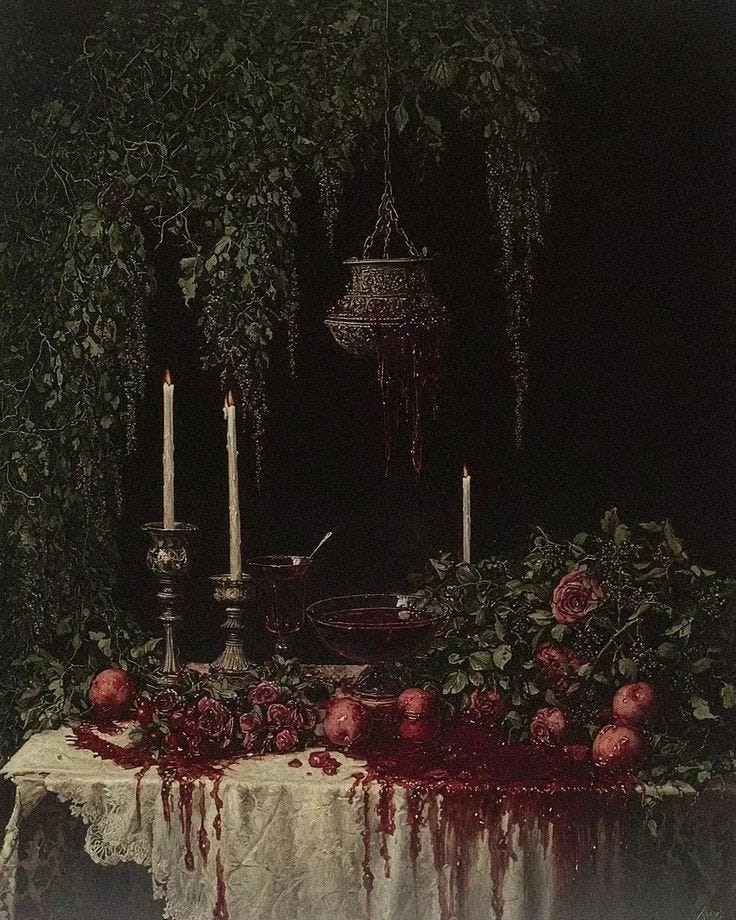You Pray to the Wrong God
The spectacle of collapse we mistake for self-worth, the myth that pain will make us worthy
The altar of perfectionism is, ironically, a ruin. Stained with blood, iron seeps into marble, tracing grotesque veins along the pillars that hold this so-called sacred space. Our broken knees create a moat thats filled with our saline tears, as we trudge back and forth across the drawbridge with our trembling offerings.
We have knelt at the throne of recognition, of benevolent vanity, and prayed for acceptance. The unholy paradox is that acceptance from an outside force will never grant us our freedom. It’s a false prophecy. We pray to a god that doesn’t exist.
To outrun the pain of ambiguity and irrelevance, we turn our lives into theater; our bodies the stage, our minds the script. We perform our suffering, then call it discipline.
The lust to succeed and the craving for more are evil twins: both use collapse as proof of your commitment. There will always be a new idol, someone who works harder, looks better, moves faster, seems smarter. Someone everyone agrees is better.
Society exploits us, it feasts on our insecurities. It preys on the belief that exhaustion is evidence of worth. The more tired you are, the more burnt out, beat down—the more you are celebrated and praised for trying so hard, for doing so much, for being so good. That’s the seduction. You run as fast as you can, just barely reaching the next demand by the skin of your teeth. Martyrdom is praised because the inevitable fall from grace is more visible, more cinematic, than the process of slow creation.
The hard thing to admit is that we have full autonomy over the part we play. We are not being forced. We are merely addicted to external validation. Each time you criticize the standard but still sprint to keep up, you prove exactly why they work. It’s not because they’re powerful, it’s because you keep feeding them. You want to be adored inside of the system, which means you want to be liked more than you want to be free.
The standard you claim to hate, the one you feel powerless in front of, is not the one wrapping chains around you. It’s the part of you that still wants its crown.
You are not oppressed. You are obedient.
You cannot dismantle the altar you keep decorating.
You, as you live and breathe, are already sacred. You are a miracle of life, a singular creation unlike any other. You don’t need to contort yourself to be worthy; you need to simply stop asking others to validate that you are.
In order to do this, we must begin by understanding the difference between obsession and devotion.
I used to think that it was the same feeling. If I worked hard enough, was strong enough, I could prove that I was worthy of the prize I so desperately ran towards. I was a dictator, making absolute demands upon myself with no break, no praise, no encouragement. I didn’t think I was worthy of either, I was taught that you must just continue. For as many things as I accomplished, I never felt anything other than hollow. When people told me they were ‘amazed by my accomplishments’ I scoffed, I practically scorned them for thinking so little of me. I haven’t done anything special, I bit out. It really rubbed me the wrong way; I always felt like they were proud of me because their standard of approval was too low, so therefore, what was there to be proud of? Good isn’t good if I could be great.
The funny thing is, nothing I ever did made me feel great. I moved to New York City all by myself, with no job and no friends. So what? I fixed things with tools I didn’t own, said yes to everything, replied to midnight emails, even picked up another job. Worthless. I remember when I negotiated a higher salary for myself, at a time when I really needed it, and when I told my mom she cried tears of pride and joy. I sat across the table feeling so deeply unworthy, like such a failure. I didn’t deserve her sweet praise. I hated myself, I realize now. I masked it in a thousand different ways, but it was always true. I compared myself to everyone else, and was never surprised to find that I came in last.
Obsession makes you chase who you think you should be. What you should look like, how you should act. Devotion is different. Devotion demands no master.
Devotion is a way of becoming. It starts slow, like anything, like learning to walk. We tend to forget, as our memories don’t go back that far, how long it took us to get up to our first steps. First we reached. We rolled, pulled ourselves across the floor, slowly, one day, we crawled. We clung to table legs and gripped with tiny hands to see farther, falling down over and over again, rug burns bruising our legs and reddening our hands. We never scold ourselves for this, as this is the only way to learn how to walk. This is devotion. It’s rooted in presence, not panic. It is the art of staying with yourself, of trying again.
If you want to be proud of who you are, summon all of your energy into creating a person you love with all your heart. Honor yourself this way, and you will be released of the need to appease others, to show up for the rest of the world who was never watching you in the first place.
This may take you awhile. In fact, it’s likely going to be your life’s work.
The fact that you are here, now, is a miracle of cosmic proportions. The stars that once burned in our galaxy millions of years ago forged the carbon that now lives in your bones. When they exploded, they scattered the elements needed for life, carbon, nitrogen, oxygen, into the cosmos. And from that stardust, you were made.
The opinions of others are nothing. You, are everything.
You are not something to be sacrificed. You are the space where something sacred enters. Where something sacred already lives.
You are the altar. Not the sacrifice.
With great personal aesthetic,
Alexandra Diana, The A List
